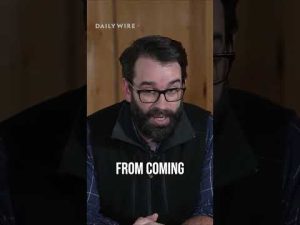In recent weeks, an all too familiar pattern has emerged—one that signals a growing problem that too many are unwilling to address. It involves the concerning rise of political violence that remains a touchy and largely unspoken issue on the left. Melissa Hortman’s situation is a stark reminder that such events are not met with the public hand-wringing that one might expect. Instead, it highlights how the progressive side seems to avoid introspection, continuing with business as usual after incidents rooted in violent extremism.
When examining the social media responses following acts of violence, it’s evident that the reactions are not universal. Conservative figures, for example, often find themselves in deep reflection and questioning, not just in the public sphere, but internally as well. The right wing seems to engage in intense discussions about distancing themselves from extremist and hateful elements, as seen in past events where harmful alt-right figures were actively denounced.
On the flip side, there is a noticeable lack of similar reckoning from those on the left. When violence erupts that is associated with progressive ideas or causes, voices that one would expect to call for caution and reflection often remain silent. It’s a societal problem that cannot be ignored. The alarming shift where once apolitical or moderate individuals turn toward extreme actions is a wake-up call. This is not a phenomenon exclusive to one political side, but acknowledging it is crucial for genuine progress.
The conversation needs to shift towards a genuine attempt at bridging the ideological divide by addressing all aspects of political violence, not selectively choosing which events to outright condemn or deflect. By fostering an atmosphere where all political extremities are recognized and tackled with the seriousness they deserve, perhaps solutions can emerge. Without this, the growing tide of violence has the potential to dismantle the fabric of healthy political discourse and democracy itself.







